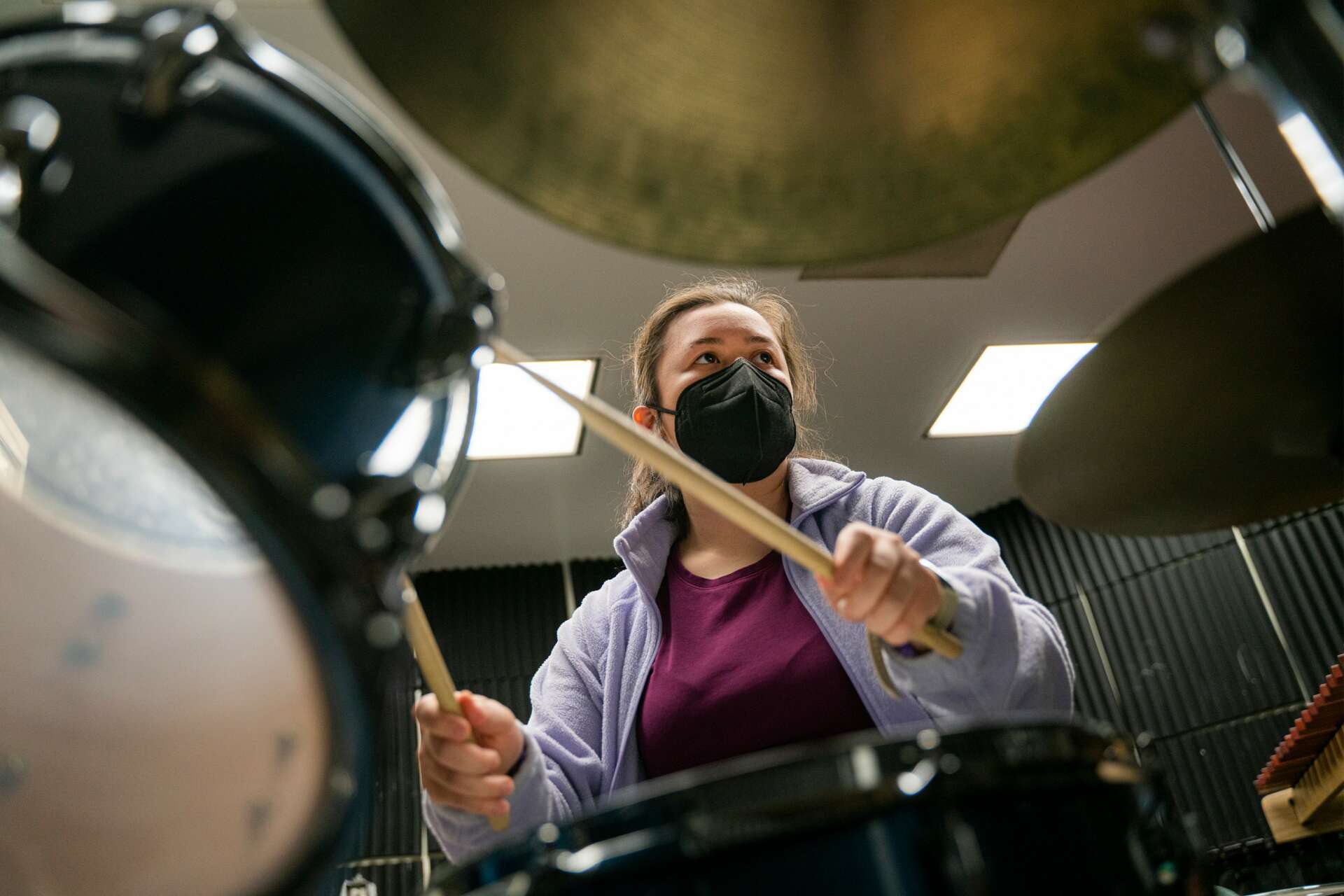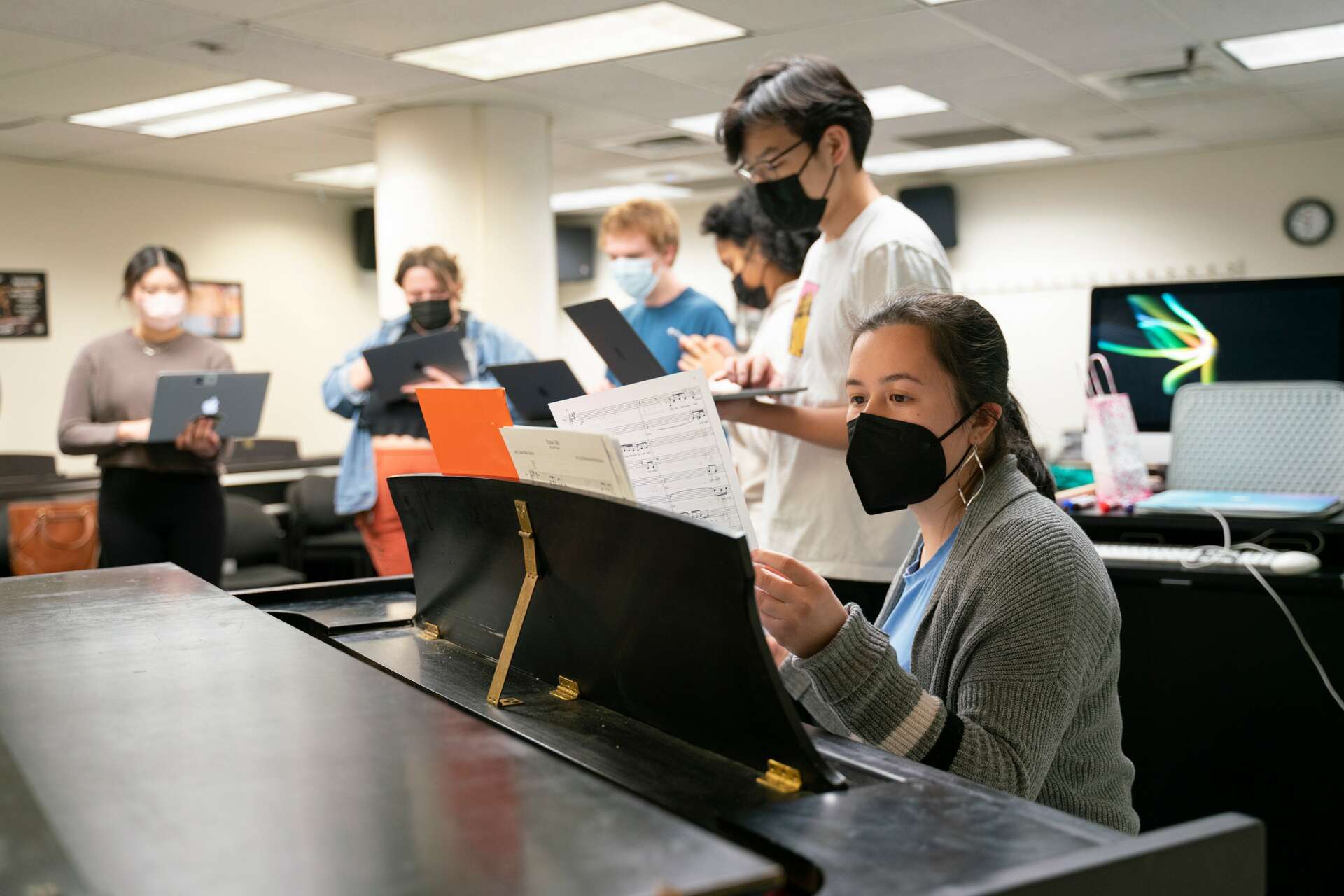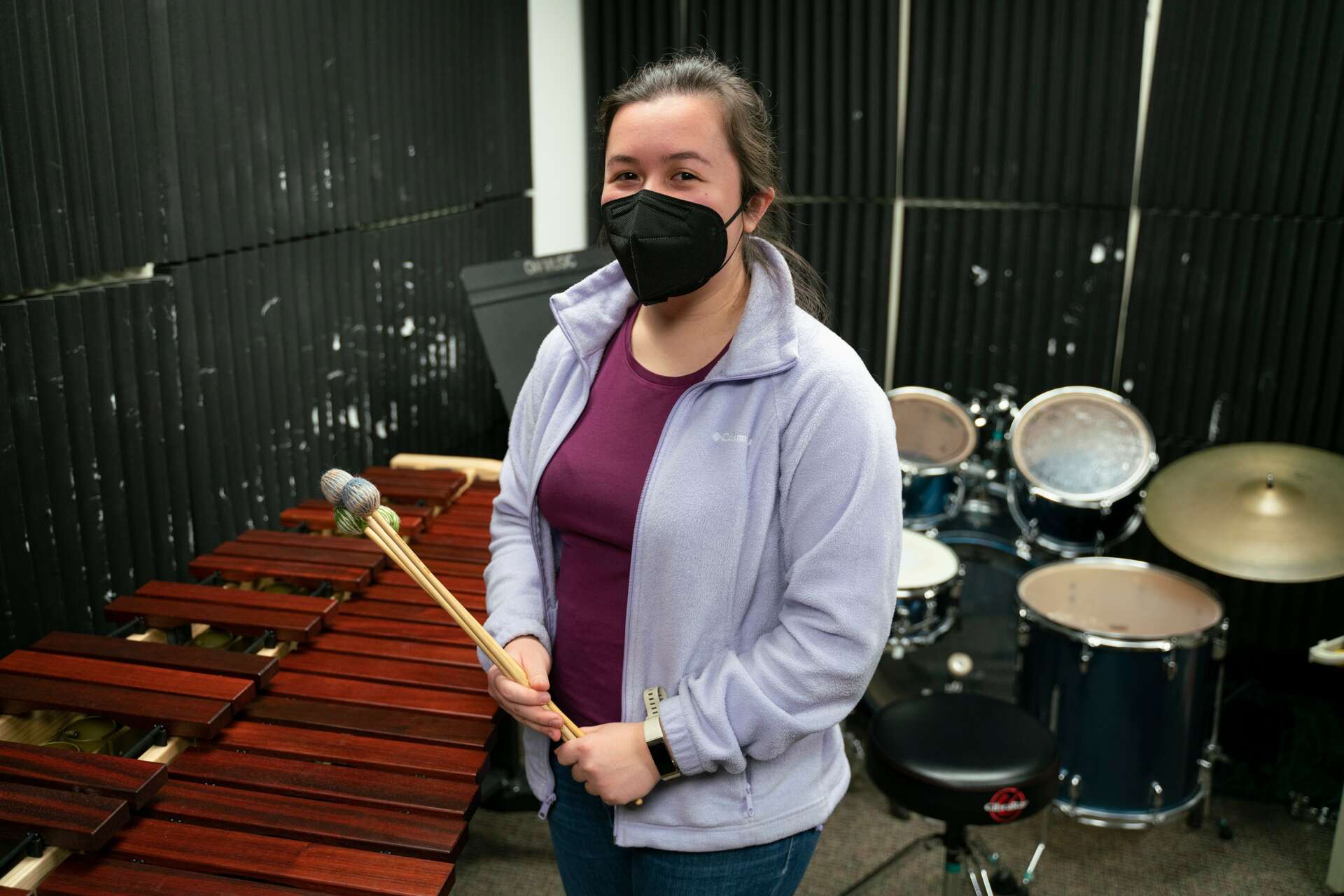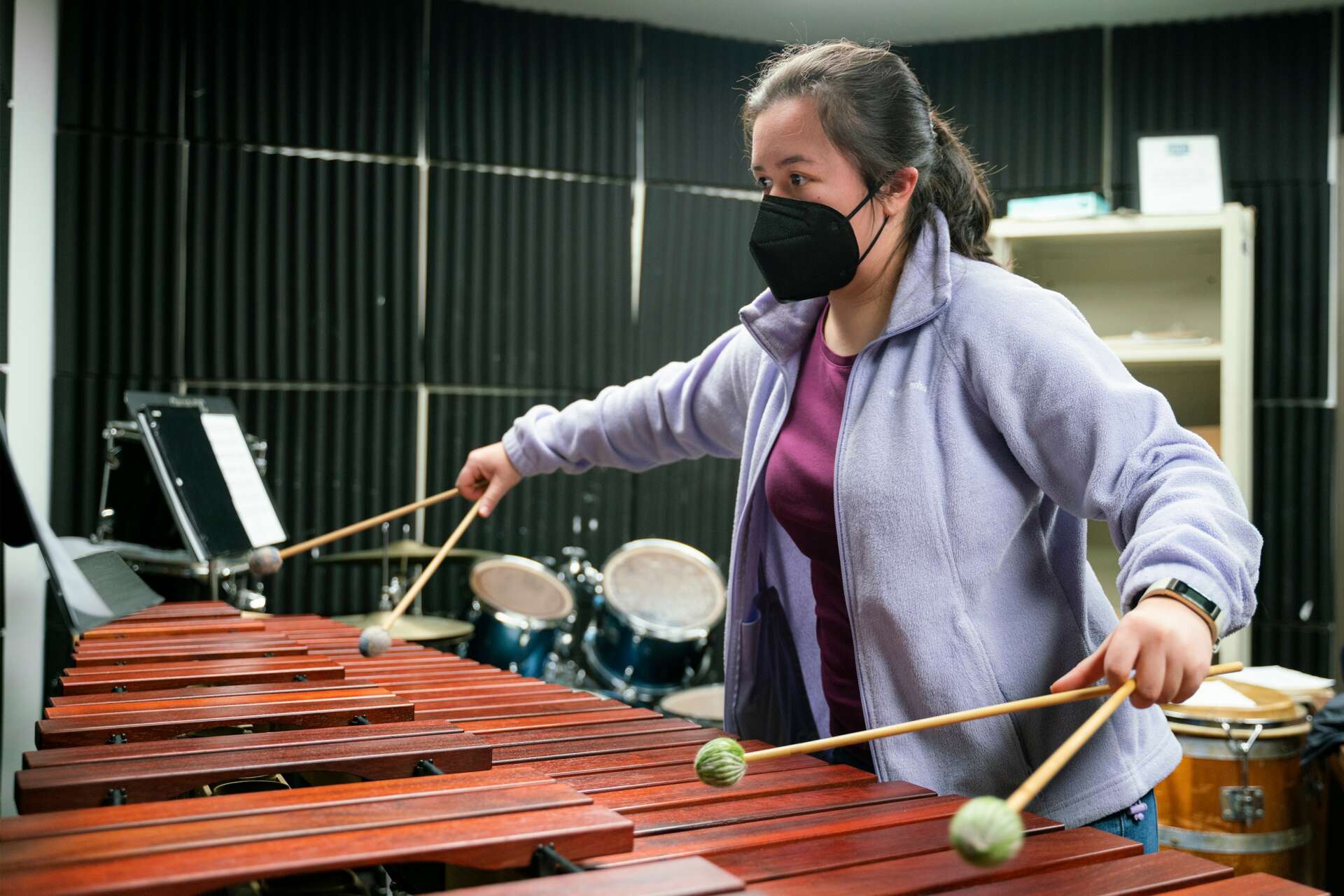We were lucky to catch up with Nina Feliciano recently and have shared our conversation below.
Alright, Nina thanks for taking the time to share your stories and insights with us today. We’d love to hear about a project that you’ve worked on that’s meant a lot to you.
In approximately 2-3 months, we made 10 new a cappella videos. I had a lot of responsibilities for this project, such as creating click tracks for the group to record to, recording myself singing, combining some of the audio tracks together, recording videos of me lip-syncing to those combined audio tracks, mixing some of the audio, producing some of the videos, and also working on the logistics of the concert. Ultimately, the event was a success.
To this day, I’m really proud of the tremendous group effort the members and alumni of the group put into this project and that we raised a lot of money for my church. I also can’t believe that we were able to execute all this while many of us had a full course load and were adjusting to a new lifestyle. Overall, this is why this project was the most meaningful one I’ve worked on so far.

As always, we appreciate you sharing your insights and we’ve got a few more questions for you, but before we get to all of that can you take a minute to introduce yourself and give our readers some of your back background and context?
Ever since I was little, music has always been a part of my life. Growing up, I participated in many ensembles. I joined The Children’s Chorus of Maryland & School of Music, played drum set in jazz ensembles, sang in my high school a cappella group, and performed in the Baltimore Symphony Youth Orchestra as a percussionist. Through my singing groups, I discovered that I really enjoyed music theory and arranging a cappella music. So as a college student, I arranged music in my vocal and percussion ensembles. In 2022, I graduated from George Washington University with a Bachelor of Arts in Music and this fall, I’ll pursue a Masters of Music in Screen Scoring at New York University. I’m so grateful to have had music as a constant in my life and I am excited to see where it takes me.

What’s the most rewarding aspect of being a creative in your experience?
That’s a fascinating question because it depends on the context. When it comes to performing, I find it the most rewarding to collaborate with others. Specifically, I love it when the other artists and I are tapped into the energy in the room. When I make eye contact with them, I can tell that they’re also experiencing the music in the same way as I am. It’s a feeling of mutual connection and understanding that isn’t actively communicated but sensed. I pretty much have an adrenaline rush each time it happens.
When it comes to arranging, it’s really rewarding to hear my creative vision come to life the way I had imagined it to. When arranging for a cappella groups, I use music notation software that plays the notes back to me once I write them on the staves. However, the singing sounds really fake and doesn’t have the nuance and expression of a human voice. That’s why hearing it sung live with the musicality I intended it to have, is really gratifying.

How can we best help foster a strong, supportive environment for artists and creatives?
I’ve met some people who wanted to do something creative but felt like they didn’t know how to go about it or didn’t have the skills to do it. To give an example, some members of my college a cappella group wanted to learn how to arrange music but felt like they were incapable. They may have felt this way because they didn’t think they knew music theory very well and were not confident in their abilities.
I believe that physical and emotional accessibility, as well as encouragement, are key to a thriving creative ecosystem. To follow this example, if my group members had physical access to music theory classes or resources, maybe they would have been more inclined to arrange music. However, if they did take music theory classes when they were older, they may feel like their knowledge is inadequate compared to someone who took them when they were younger, and as a result, might not want to give it a try. Although these members in this hypothetical situation were physically able to access the resources, their emotions made arranging inaccessible. That’s why encouragement is also important because it has the power to change their minds.
On a societal level, I think that all elementary schools should incorporate as many art forms as possible into their curriculums so that every kid has the opportunity to explore art and to feel accepted in the art world. Doing this will not only encourage them as artists but will also demonstrate how important art is in our lives.

Image Credits
Sydney Walsh


